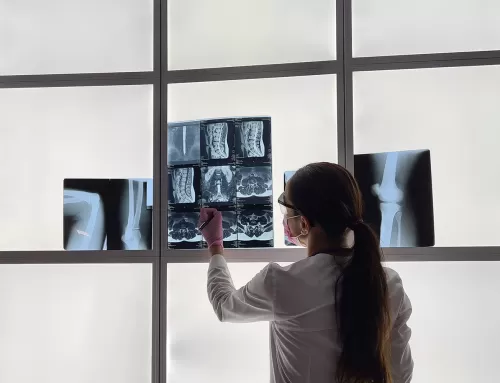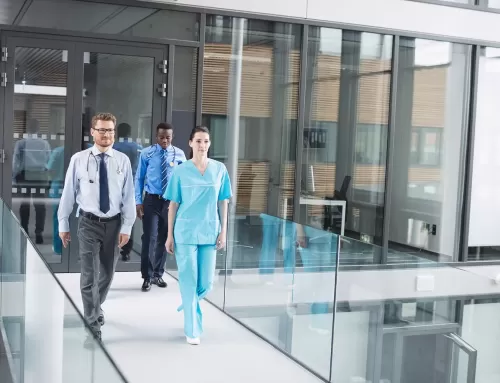TABLE OF CONTENT
The Civil Procedure Rules (CPR) are a set of rules that govern civil litigation in England and Wales. They were introduced in 1999 as part of the Woolf Reforms, which were designed to make the civil justice system more accessible, efficient, and fair.
History of Civil Procedure Rules (CPR)
The legal system in England and Wales prior to the introduction of the CPR was complex and outdated. The rules governing civil litigation were scattered across a number of different sources, including statutes, case law, and practice directions. This made it difficult for litigants and lawyers to understand the rules and to comply with them.
In 1995, Lord Woolf was appointed to conduct a review of the civil justice system. The Woolf Report, which was published in 1996, made a number of recommendations for reform, including the introduction of a new set of rules governing civil litigation. The CPR were introduced in 1999 and have been amended a number of times since then. They have been widely praised for making the civil justice system more accessible, efficient, and fair.
Key Features of Civil Procedure Rules (CPR)
The CPR are divided into 16 parts, which cover a wide range of topics, including:
- The commencement of proceedings
- The service of documents
- Pleadings
- Disclosure of documents
- Evidence
- Trial
- Costs
The CPR are designed to be user-friendly and accessible to all parties involved in civil litigation. They are also designed to be flexible enough to accommodate the different types of civil claims that can be brought before the courts. The CPR have a number of key features, including:
- A single set of rules for all civil litigation
- A focus on early resolution of disputes
- A system of case management by the courts
- A requirement for parties to disclose documents to each other
- A promotion of alternative dispute resolution methods
- A system of costs sanctions
Impact of Civil Procedure Rules (CPR) on the Legal System in England and Wales
The CPR have had a significant impact on the legal system in England and Wales. They have made the civil justice system more accessible, efficient, and fair. The CPR have made the civil justice system more accessible by providing a single set of rules that are easy to understand and comply with. They have also made the system more efficient by introducing a system of case management by the courts. This has helped to reduce the time and cost of litigation.
The CPR have also made the civil justice system more fair by requiring parties to disclose documents to each other. This has helped to ensure that all parties have access to the same information and that the court has a full picture of the case. The CPR have also promoted alternative dispute resolution methods, such as mediation and arbitration. These methods can provide a quicker, cheaper, and more flexible way of resolving disputes than litigation.
In short, the Civil Procedure Rules (CPR) have had a significant impact on the legal system in England and Wales. They have made the civil justice system more accessible, efficient, and fair. This has benefited litigants, lawyers, and the wider public.
Civil Procedure Rules Recommend Alternative Dispute Resolution (ADR)
Alternative dispute resolution (ADR) is yet another name for this. It may involve trade associations, arbitration, or the Ombudsman. Civil Procedure Rules (CPR) have made the UK civil justice system more effective at resolving disputes. Even the non-lawyers can now understand the litigation process. The goal of recent updates is to keep the process of development going. Civil Procedure Rules (CPR) benefit the justice system in the following ways:
- The court hearing becomes simple and brief
- The outcome is certain, to not waste the judge’s time
- It distributes the costs of testimonies and reports
Let Us Help You Navigate the Complex Legal Requirements of the Part 35 CPR Report
At Concise Medico, we understand that filing a Part 35 CPR Complaint Report can be a complex and time-consuming process. That’s why we offer a comprehensive service that takes care of everything from start to finish. Our team of experienced professionals will guide you through the process, providing you with the support and advice you need to make informed decisions.




